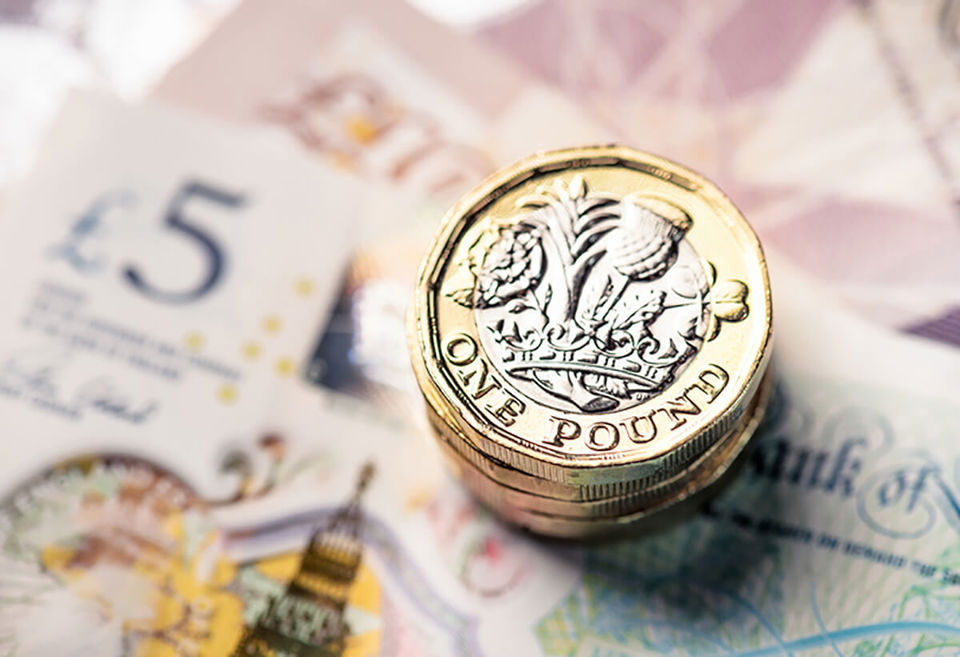Since its election last year the government has delivered a range of tax cuts, including the increased personal allowance and reduction of corporation tax, but in an age of austerity these measures have to be paid for somehow and so there has been a plethora of tax raising initiatives, including the proposed reduction in the rate of capital allowances. From April 2012 the rates of writing down allowances for cars will reduce by 2%; cars with CO2 emissions of 111g/km to 160g/km will attract an 18% writing down allowance, while those above 160g/km will only attract 8%. How much is this going to hurt?
This year a £20,000 car with CO2 emissions of 135g/km would attract a £4,000 capital allowance in its first year of ownership. Assuming it’s owned by a ’large’ company that would give first year tax relief of £1,040 (£20,000 X 20% X 26%).
Under the new rules that tax relief would drop to £936 (£20,000 X 18% X 26%) a difference of £104. But next year we also take account of the reducing rates of corporation tax the adjusted first year difference becomes £140 (£20,000 X 18% X 25% - £1,040).
Eventually the owner can claim tax relief on the full depreciation of the car, but because there are no longer balancing allowances this can take many years, or even decades! This means that we should really consider the effect not having £140 might have on the company’s profits; assuming the company has a 10% return on equity we could say the real effect is just over £1 a month.
No doubt the pricing gnomes within leasing companies have got far more sophisticated tools and ideas than me, however I’m quite certain the phrase “our rentals are increasing because of the tax changes” will often used.
In summary it’s going to hurt a little (and a bit more for cars over 160g/km). But, in reality, compared to the ever increasing price of fuel it’s a bit like being stung by a bee when you’ve just been run over by a truck.
David Rawlings
BCF Wessex Ltd





















Login to comment
Comments
No comments have been made yet.